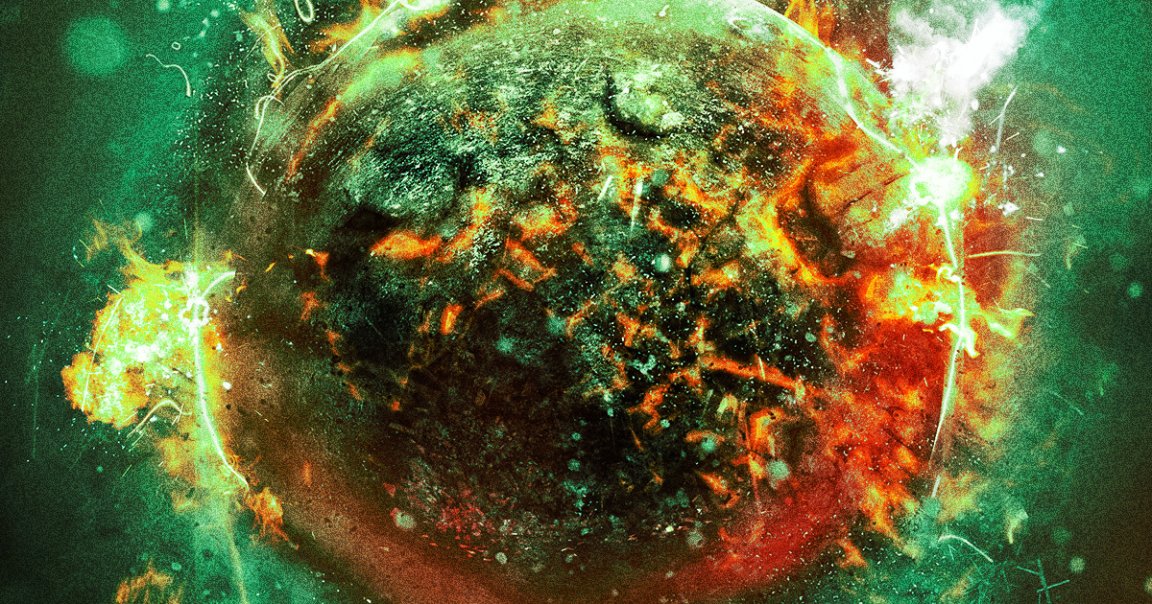
Heat Check
Where are all the aliens? They may be too busy dying from the same global crisis that we’re dealing with — that is, climate change.
In a new, yet-to-be-peer-reviewed study that was spotted by LiveScience, scientists conducted simulations to see just how long extraterrestrial civilizations could survive if they kept up similar rates of growing energy consumption to our own.
And it’s not looking good. They found that the aliens kept dying off within just 1,000 years because their planets would always get too hot to remain habitable. Not even totally switching to renewables changed their fates: their worlds would still slowly toast themselves to death, all the same.
The work addresses the thorny problem of waste heat. Thanks to the second law of thermodynamics, a small amount of heat will always be released into the planet’s atmosphere no matter what energy source we use — be it nuclear, solar, or wind — because no energy system is 100 percent efficient.
“You can think of it like a leaky bathtub,” study coauthor Manasvi Lingam, an astrobiologist at the Florida Institute of Technology, told LiveScience. A small leak in a bathtub that’s barely filled doesn’t let out a lot of water. But as the tub continues to get filled — and our energy demands grow — that tiny leak can flood the whole house, Lingam explained.
Signs of Life
The researchers suggest that this could offer a partial solution to the Fermi paradox, which raises the question of why, if our universe is so unfathomably vast and replete with habitable worlds, we haven’t come across any other intelligent lifeforms yet.
“We have not encountered technological species because they are rare at any given moment in time,” the researchers write in the study. That’s because advanced lifeforms may simply keep succumbing to climate change within a thousand years, which is practically nothing.
On the other hand, they note, this doesn’t necessarily explain why we haven’t seen any lingering technosignatures that potentially outlast the civilizations they originated from — a radio signal traveling for many light years, for example, or an interstellar spacecraft like our Voyager probes.
Unless…
There is a silver lining, however. These simulations are predicated on the assumption that our energy needs keep growing exponentially at an average rate of around one percent per year.
But what if, eventually, we were smart enough to stop our energy growth? That is, on top of totally relying on renewable energy sources. Then the outlook is a lot sunnier.
“If a species has opted for equilibrium, has learned to live in harmony with its surroundings, that species and its descendants could survive maybe up to a billion years,” Lingam told LiveScience.
There’s no room for fatalism, then. But first, we should worry about making that switch to renewables happen, to stave off the very real global warming happening right now that’s already proving disastrous.
More on climate change: Scientists Horrified by What They Found Under the Doomsday Glacier